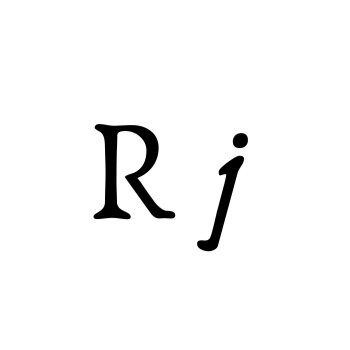Editor’s Note | Issue 1
It is easy to believe that life has a concrete, singular, overarching purpose. The difficulty with that is we end up taking for granted the small and meaningful things. We end up taking for granted road trips culminating in beaming smiles and splashes in water. We end up taking for granted birthday parties and balmy summer afternoon air ripped by shrill giggles and cartwheels. We take them for granted-- when there are those that exist whose health may not permit for the fullest gratification of these trivial, but vital, aspects of life. And finally, as of 2020, we are denied all this for an indefinite amount of time.
I found enormous pleasure in assembling the following pieces into the issue that sits before you. Molly Murray’s unflinching poem “tbh with my body” explores what it means to have life experiences that far differ from those who don’t endure chronic diseases. Jackie Chou’s staccato verses in “Neurodivergent” take this a step further, elucidating the predicament of these experiences and the harsh judgement faced before “Any attempt to put a finger/ On [the] intangible illness”, depicting the truth that all conditions aren’t fully visible on the outside.
Seth Brown explores the simple fact of what it means to be different in his piece inspired by the old Dr. Seuss classic. And then there’s Divya Mehrish’s ode to ulcerative colitis, which incredibly captures the state of chronic health predicaments in one line: “We sometimes forget how to travel through our bodies”.
These past few months, the concept of life itself has been catechized by the countless who have faced tribulations due to the minute piece of RNA that has been resolute in spreading to the ends of the world. Ironically, while being temporary as opposed to chronic (such as the likes of what this journal covers), COVID-19 has shook the whole world.
This is not a contemporary concept. For centuries, humans have found solace in contemplating the meaning of their existence, tracing back to the quest for immortality in the Epic of Gilgamesh to the importance of preserving your life’s worth through storytelling in Dante’s Inferno. Those with chronic conditions that place a toll on their life’s pursuits wonder the same thing more than often. And today, with the world fallen on its knees and in the midst of silent, individual, socially-distanced chaos that emanates from every household while watching the death count skyrocket, we can only begin to wonder: why should we exist?
Derek Davidson’s prose answers this through a beautiful realization after a suicide attempt. Luna G. Reiley provides us with a similar realization in “survivor’s discourse”. And Anne Leigh Parrish’s “The River” advises us to “rejoice in this moment/ this flash/ this now”. We need to be glad we’re here. Whatever we have going on in our lives, this life is ours, and no one-- not even ourselves-- can take that away from us. In the Epic of Gilgamesh, we learn that life is precious because it’s temporary-- and in Inferno, we learn that even our temporary lives live on, immortally, through the faculty of storytelling. We learn, not only from literature, but from our lives, to let go, and to hold on tighter. We learn to start afresh, and to keep persisting with the obsolete.
As the skies of heavily polluted cities clear up, and we’re able to see the stars again, we’re reminded of the past when we actually had time to lie on the grass and watch them. We’re reminded of the past when we had long, meaningful conversations with people which weren’t school or work related, and we’re reminded of those beautiful, humane connections that we formed. In the scope of chronic disease, these experiences-- the fact that someone can see you beyond just your condition-- means the world.
During these times of quarantine, it’s more important than ever to connect with people through our words. With all of this in mind, I thank you for opening up Réapparition Journal on your screen, and I hope that this issue can bring you at least a few moments of tranquility. Let’s dive into this inaugural issue together. Chronic disease or not, we’re all human-- and that’s what this journal will strive to stand for every single issue.
Welcome to Issue 1.
Taruni Tangirala
Founder & Editor-in-Chief
